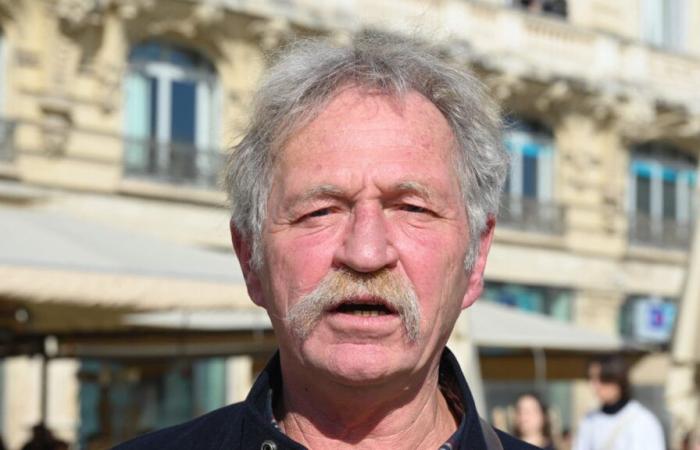Co-founder of the Peasant Confederation and former presidential candidate, José Bové is campaigning for a “common slogan” for agricultural unions on “the question of free trade agreements”.
For José Bové, “it’s time to bang our fist on the table”. This figure from the peasant world, also a former presidential candidate, this Wednesday, November 27, calls on agricultural unions to adopt an “inter-union charter”.
This would concern “the question of free trade agreements” and “the exit from the completely crazy competition brought about by the World Trade Organization,” explains José Bové, interviewed by Midi Libre.
“Common watchword”
The objective? “Weigh together, beyond our differences, even if they are important”. Himself co-founder of the Peasant Confederation, the former environmentalist MEP insists on the need for his union, the FNSEA and the Rural Coordination to have a “common slogan”.
His initiative comes as farmers have begun a second phase of mobilization, less than a year after the previous one, believing that they have not had enough concrete progress and denouncing the free trade agreement with Mercosur.
Concerning this treaty, the Assembly largely supported France's disagreement at European level this Tuesday, a position also endorsed by Poland which formalized its refusal of the agreement as it stands.
“I think we can achieve the blocking minority. For that, we have to mobilize and this debate in Parliament is going in the right direction. It is fundamental and can help support the government,” explains José Bové in the Free Midday.
To become effective, this blocking minority must represent more than 35% of the European population. However, Paris is in a weak position on this issue: Germany and Spain fiercely support the agreement with Mercosur.
“Disagreement” with those who want to “industrialize” agriculture
Beyond this subject, José Bové, alter-globalization activist and champion of environmentally friendly agriculture, marks his “disagreement with those who want to take advantage of these crises to industrialize agriculture even more or to oppose it even more to biodiversity, without taking into account climate change.
And adds: “Today, no one is fooled. These demonstrations are taking place two months before the elections in the chambers of agriculture and there is also an electoral issue.






